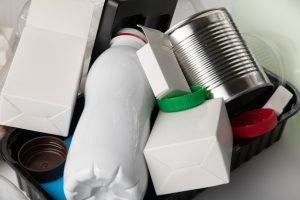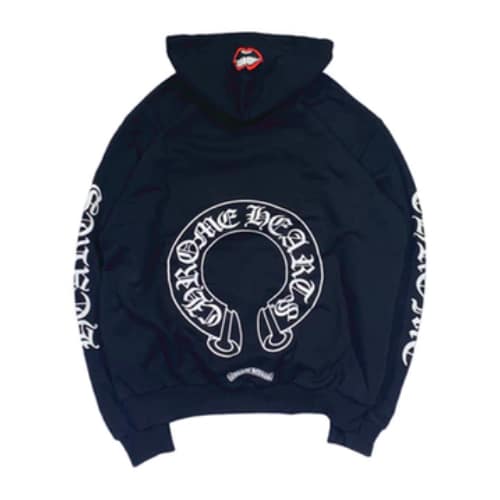The Most Efficient Way to Make Use of Clinical Waste Bins

It is estimated that the United Kingdom generates 4.3 million tonnes of hazardous waste every single year. As the generators of this waste, clinical establishments have a “duty of care” to prevent hazardous waste from escaping their facilities. This “duty of care” includes ensuring that waste is disposed of by a person who has been given permission to do so and that all waste that is transferred is accompanied by a written consignment note.
When it comes to separating, storing, and disposing of this waste, there are stringent rules that must be followed.
Viruses and diseases can spread as a result, and incorrect clinical waste disposal can lead to a hefty punishment of up to 50,000 pounds.
What Exactly Is Clinical Waste?
Waste from clinical settings poses a potential health risk to everyone who comes into touch with it. It could consist of:
- Medicines or pharmaceutical goods
- Dressings or swabs that have been used
- Used needles, syringes, or other sharp objects
- Blood or body fluids
Taking Appropriate Steps to Dispose of Waste
Every single piece of waste from a healthcare setting has to be securely packed, labelled, and secured. To avoid causing anybody any damage, used sharps should be disposed of in a container or bin specifically designed for such waste.
Clinical Waste Disposal Categories
There are five different categories of clinical waste bins, each of which has its own unique set of requirements for proper disposal. These are the following:
The A Group
To properly dispose of waste such as human and animal faeces, bandages, and non-sharp devices, a yellow bag should be used, and the bag should be destroyed when it is 75% full.
The B Group
Waste that contains sharp objects should be disposed of in a container designated for such waste.
The C Group
The waste from pathology and clinical research labs may include infectious agents.
The D-Group
Medications and other pharmaceutical items are the types of clinical waste bins that need to be carefully managed and stored in airtight containers.
The E Group
Items that are used to dispose of body secretions such as urine, faeces, and other bodily fluids (which cannot be categorised as group A).
Colour Coding of Wastes
- As soon as possible, infectious clinical waste bins must be disposed of in the yellow container (hazardous)
- The colour red denotes the presence of human remains (hazardous and non-hazardous)
- Orange clinical waste bags signifies infectious waste that must first undergo treatment to be rendered safe before it can be discarded (hazardous and non-hazardous)
- Cytostatic and cytotoxic medical drugs, such as sharps, are indicated with a purple colour code (hazardous)
- Dental waste such as amalgam is denoted by the colour white (toxic waste)
- Waste medication, including empty or mostly empty containers, expired medication, and the like is denoted by the colour blue (non-hazardous)
- Domestic waste such as food and drink packaging, tissues, and other items are considered black waste.
Yellow Sharps Bin Disposal Services
We offer yellow lidded sharps bins that can be customised to fit your sharps, taking into account their size and form. However, these bins are where you should put all of your sharp objects.
Red Bag Waste
Any waste that is regarded as hazardous is included in the red bag clinical waste bins category. This includes abandoned things that contain blood or other body fluids, plastic surgical equipment, and cytotoxic material. When you are handling, switching out, or carrying red bags, you need to make sure that the red bag is sealed and that you are wearing personal protective equipment such as eye protection, gloves, face mask and apron.
TCW Specialises In The Management Of Clinical Waste
Trikon Clinical Waste is an industry leader in the disposal of clinical waste. We can offer daily or weekly waste collection and disposal services, depending on the particulars of your situation and preferences. To facilitate operation without the use of one’s hands, we provide free-standing bins with pedal controls. If you have any questions or concerns about the disposal of clinical waste, do not hesitate to get in contact with a member of our welcoming staff who will be pleased to assist you.



